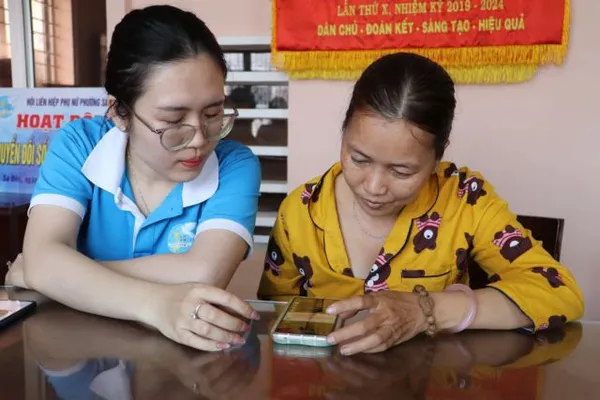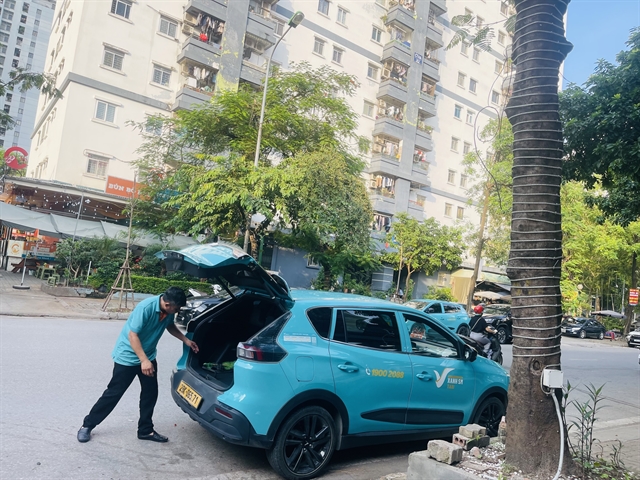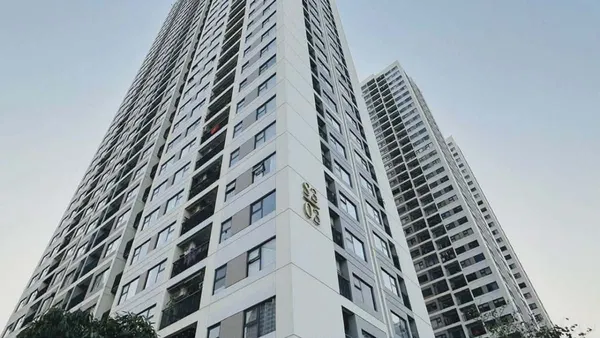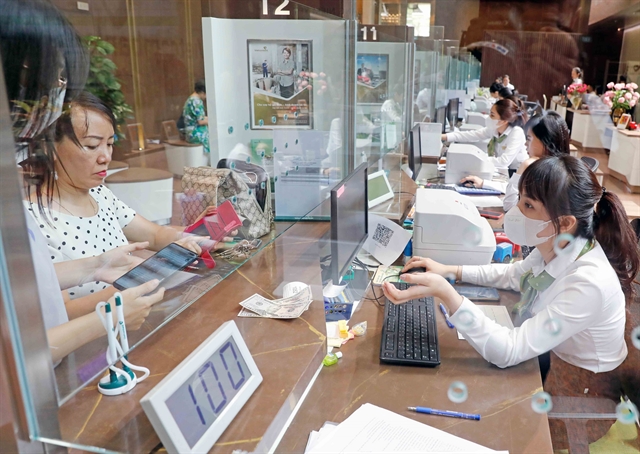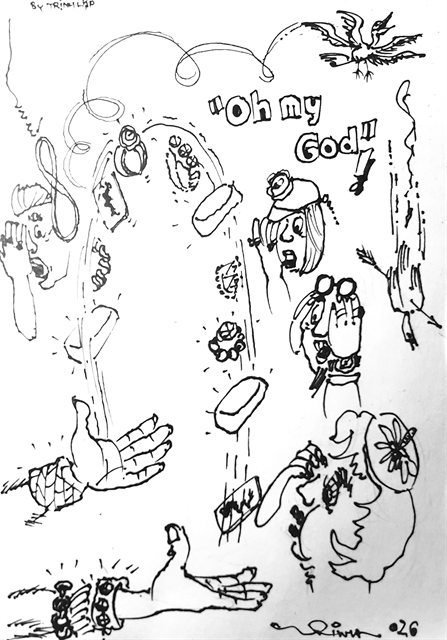 Talk Around Town
Talk Around Town
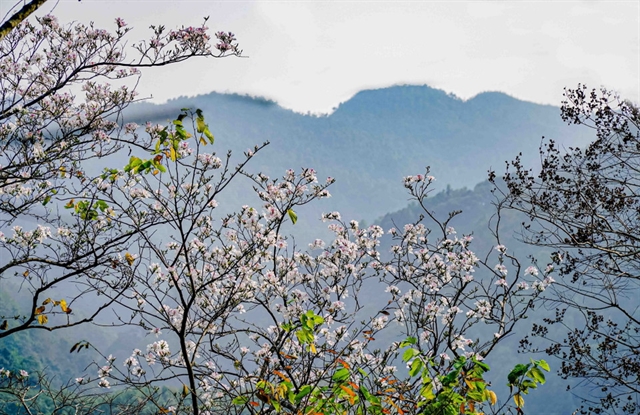
Images of congestion and chaos from millions of pilgrims at Hùng Temple in the northern Phú Thọ Province flooded social networks and mass media.
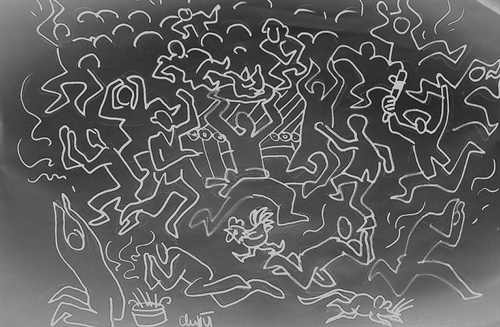 |
Images of congestion and chaos from millions of pilgrims at Hùng Temple in the northern Phú Thọ Province flooded social networks and mass media on Saturday, the main day of the Hung Kings Temple Festival.
Most concerning, a stampede broke out at the festival. To put this in context, it occurred in a country that has 8,000 festivals of varying size each year. Once again, Vietnamese people have discussed and offered opinions on safety measures.
There were images of hundreds of children and elderly people who had to be rescued by security forces from the disorderly crowd to ensure their safety. Some women fainted due to the hot and stuffy weather, or sat flat on the ground at the foot of Nghĩa Lĩnh Mountain.
Professor Ngô Đức Thịnh, former director of the Vietnam Institute of Cultural Studies, was rightly worried by the stampede that killed more than 2,200 pilgrims in Mecca, Saudi Arabia, last September.
So how can we prevent these unfortunate accidents? The solutions must rely on local authorities and festival organisers.
Nguyễn Thị Tuyết Chinh, deputy director of Phú Thọ Province’s Information and Communication Department and a member of Hùng Temple festival’s organisation board, said that going forward, organisers would dissuade families from bringing their children to the main anniversary (offering incense ceremony on the 10th day of lunar March). Parents could instead take their children on a different day of the four-day holiday (from 8-11 lunar March), Chinh suggested.
Professor Ngô Đức Thịnh offered a simple solution to avoid building barriers, thus preventing congestion at the temple.
These barriers inadvertently increase the eagerness of pilgrims who want to burn incense early during sacred hours.
Associate Professor Lương Hồng Quang, Deputy Director of the Việt Nam National Arts and Culture Institute, suggested that festival organisers should designate different routes leading from the gate of the Temple Complex when crowds start to form.
Nguyễn Thu Hà, 32, of Ha Noi, who witnessed Saturday’s tumult, said the organisers must take full responsibility for the congestion.
"Organisers shouldn’t force tourists and pilgrims to wait for the opening festival hour. Tourists should feel free to visit the temple complex at any period," Hà, a bank employee, said.
Đào Thị Ngọc Tuyết, a senior official from Hùng Temple Complex’s management board, said the number of tourists and pilgrims has increased sharply to 2.5 million on the main anniversary day, leading to the congestion and chaotic scene starting at 8am.
A crowd of millions of people stood at the foot of Nghĩa Lĩnh Mountain waiting to step up to offer incense to the Hùng Kings at the main temple.
Pilgrims and tourists were in no way to blame because they desired to pay tribute to the people’s ancestors - the Hùng Kings on their death anniversary. Likewise, parents just wanted their children to learn about the nation’s history and culture.
A 70-year-old Hanoian man said, "It is the organisers’ fault, the whole thing."
“A simple solution is when a crowd of people flocks to the central area, they must block all access to wait for a number of people to come out,” he said.
After seeing images of children bursting into tears amidst the chaotic crowd, many mothers said that if adults want children to learn their traditional roots, it is not necessary to do so at such an inconvenient and dangerous time for small children.
“It is better if there are more quiet spaces and deeper exchanges between parents, teachers and kids in schools or during individual visits,” a 30-year-old mother of two said. “(Kids) will reflect more upon what the traditional festival is.”
If you were a parent and your child only saw a stampede and had to struggle for a foothold, what would you expect your child to learn?
Massive crowds at festivals are common all over the world. In our neighbouring nation of Thailand, the country’s Road Safety Centre has recorded 442 deaths and 3,656 injuries in road accidents nationwide during the so-called “seven dangerous” Songkran holidays that ended last Sunday.
So the answer must come from local festival organisation boards, local authorities and security forces. They must take proper measures to create a safe and healthy festival for everyone. -- VNS

